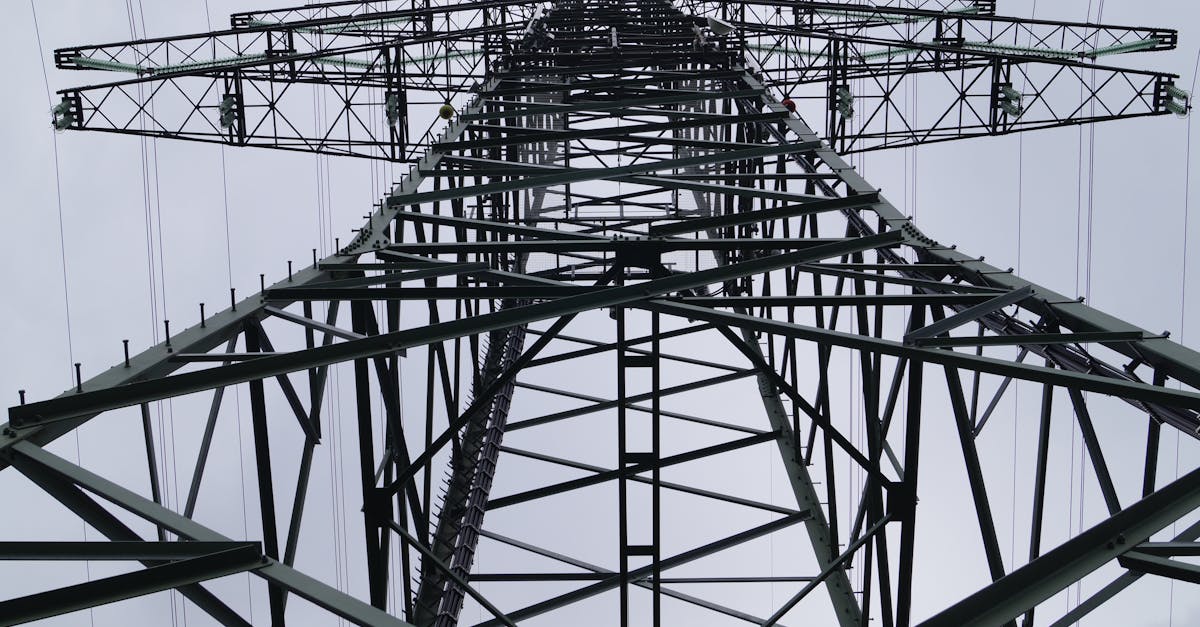Nuclear Power Plants and AI Power
Introduction
In an age where artificial intelligence (AI) is rapidly transforming industries, the demand for reliable and sustainable energy sources has never been more critical. Nuclear power presents an intriguing solution to power AI, offering a robust and efficient alternative to meet the growing energy needs. This article explores the potential of nuclear energy in driving AI advancements while highlighting key benefits and challenges.
Advertisement
Reliable Energy Source
Nuclear power plants offer a consistent and reliable source of energy, crucial for the uninterrupted operations of AI systems. Unlike solar or wind energy, nuclear power is not dependent on weather conditions, ensuring a constant supply of electricity. This reliability makes nuclear energy an attractive option for locations prone to weather fluctuations.
Advertisement
High Energy Density
One of the significant advantages of nuclear energy is its high energy density. It means that nuclear power can produce substantial amounts of energy from a relatively small amount of fuel. The immense energy output is vital for running large data centers that house AI applications, enabling them to perform complex computational tasks efficiently.
Advertisement
Low Carbon Emissions
With growing concerns about climate change, nuclear power provides a low-carbon energy solution. Unlike fossil fuels, nuclear reactors do not emit carbon dioxide during operation, making them an eco-friendly option. Using nuclear power can significantly reduce the carbon footprint of data centers and other AI infrastructure, contributing to global sustainability goals.
Advertisement
Safety Concerns
Despite its benefits, nuclear energy is not without its challenges, particularly regarding safety. The potential for radiation leaks and nuclear accidents has historically raised public concern. Advances in technology have led to the development of safer reactor designs, but safety remains a top priority when incorporating nuclear power.
Advertisement
Cost Considerations
The upfront costs for constructing and maintaining nuclear power plants are high, but the long-term economic benefits often outweigh these initial expenses. The longevity and efficiency of nuclear reactors can ultimately lead to cost savings. However, financial viability depends on adequate support and investment at the governmental and policy levels.
Advertisement
Waste Management Challenges
Nuclear power generation results in radioactive waste, posing a significant environmental challenge. The safe, long-term storage of nuclear waste requires meticulous planning and secure facilities. Innovations in waste management are crucial to address these challenges and ensure the sustainable integration of nuclear power into the AI energy sector.
Advertisement
Public Perception
The perception of nuclear power in the public eye has been shaped by past accidents and cultural narratives. Increasing transparency about safety measures and ongoing advancements can help build public trust. Educational initiatives are essential to highlight nuclear energy's potential benefits and dispel common misconceptions.
Advertisement
Future Prospects
The future prospects of using nuclear power for AI are promising. As technologies evolve, more efficient and safer reactors are being developed. Harnessing nuclear power can support the robust and scalable AI infrastructure needed for future innovations, thereby driving technological progress sustainably.
Advertisement
Conclusion
In conclusion, utilizing nuclear power to support AI's energy demands offers an efficient and sustainable pathway forward. While challenges such as safety, cost, and waste management exist, continuous advancements promise compelling solutions. Exploring nuclear energy for AI infrastructure is a crucial step towards achieving a balanced energy future.
Advertisement


